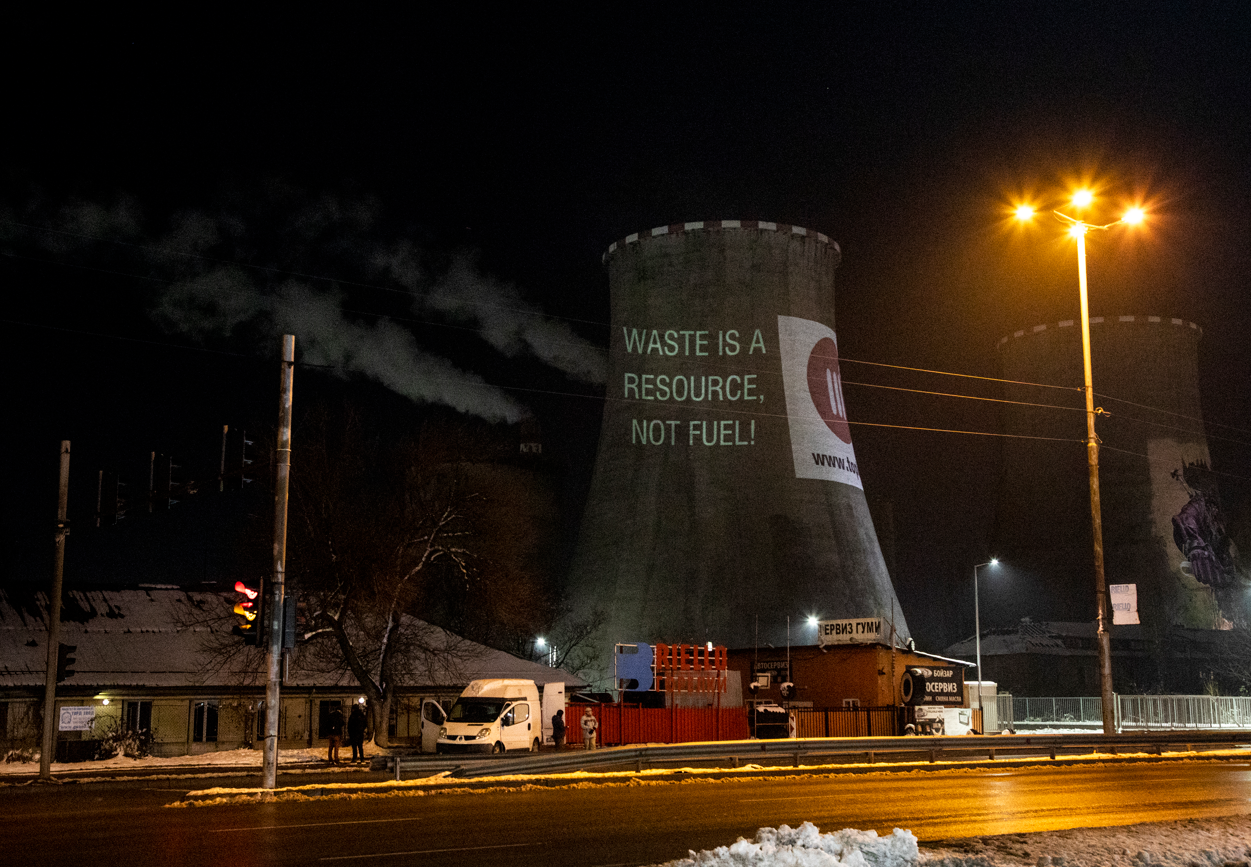Bulgarian court rules out Sofia waste incinerator plant due to unassessed health risks and lack of public consultation

Sofia, 26 September — After eight years of litigation, Sofia’s Administrative Court overturned the environmental impact assessment (EIA) for a waste incineration plant in the Bulgarian capital. Expected to burn processed waste in the form of refuse-derived fuel (RDF), the plant would have put the health of Sofia’s residents at risk, polluted the air, generated toxic ash and created additional traffic, the court ruled.
Despite its flaws, the project received financing from the European Commission and the European Investment Bank. For over a decade now, both institutions have ignored the repeated concerns raised by local people and environmental organisations. The incinerator was expected to account for up to 30 per cent of the EU’s cohesion policy funding for waste management in Bulgaria from 2014 to 2020 [1].
Earlier this year, the Municipal Council of Sofia finally decided to return the EU funding allocated for the project, having failed to meet the 2023 deadline for completing the project due to legal, administrative and technical delays.
According to the court decision, the authorities failed to ensure proper public participation and did not assess the health risks for the population directly affected by the project. Serious deficiencies in the air quality impact analysis were also identified. For example, the EIA failed to account for the existing excess levels of particulate matter and other forms of air pollution in Sofia, one of Europe’s most polluted cities.
Additionally, the court criticised the inadequate risk assessment of the emissions of highly carcinogenic dioxins and furans, as well as the large amounts of toxic ash the plant would produce.
The EIA was also judged to have used unreliable data to estimate the quantity and types of waste that would be burnt. In reality, the amount of hazardous household waste – such as paints, varnishes and batteries – collected by Sofia Municipality is less than one per cent of the total waste collected in the city.
The capacity of the planned unit would have been three times greater than current RDF production in Sofia, raising concerns about the potential environmental and safety impacts of the incineration process.
Regrettably, this latest development in the ongoing saga continues to diverted efforts and funding away from other urgently needed actions like separate collection and biowaste composting, both of which will become mandatory from the end of 2023 across the EU.
‘The idea of burning 180,000 tonnes of waste annually in a local district heating plant is at odds with the goals of a circular economy. It’s also one of the most inefficient and costly ways of dealing with Sofia’s waste,’ says Evgenia Tasheva from environmental association Za Zemiata, Bulgaria, one of the complainants and long-time opponents of the project.
‘We welcome the court’s ruling, which confirms that the Sofia waste incinerator plan is a prime example of a short-sighted and undemocratic investment decision by the local government. At the same time, we urge EU institutions to focus on funding real circular economy solutions and divest from end-of-pipe projects such as waste incinerators,’ says Danita Zarichinova, Zero Waste Coordinator at Za Zemiata.
Sofia Municipality may appeal the decision within 14 days. [3]
Additional notes:
[1] The cost of the construction is estimated at around EUR 180 million. In March 2020, the European Commission approved funding of EUR 77 million from the European Regional Development Fund. The European Investment Bank signed a EUR 67 million loan in December 2018.
[2] Court decision (in Bulgarian and in English)
[3] As of 5 October 2023, no appeal has taken place.
Contact:
Desislava Stoyanova
Za Zemiata – member of Friends of the Earth Europe
Phone: 0888714688
Originally published on Bankwatch.